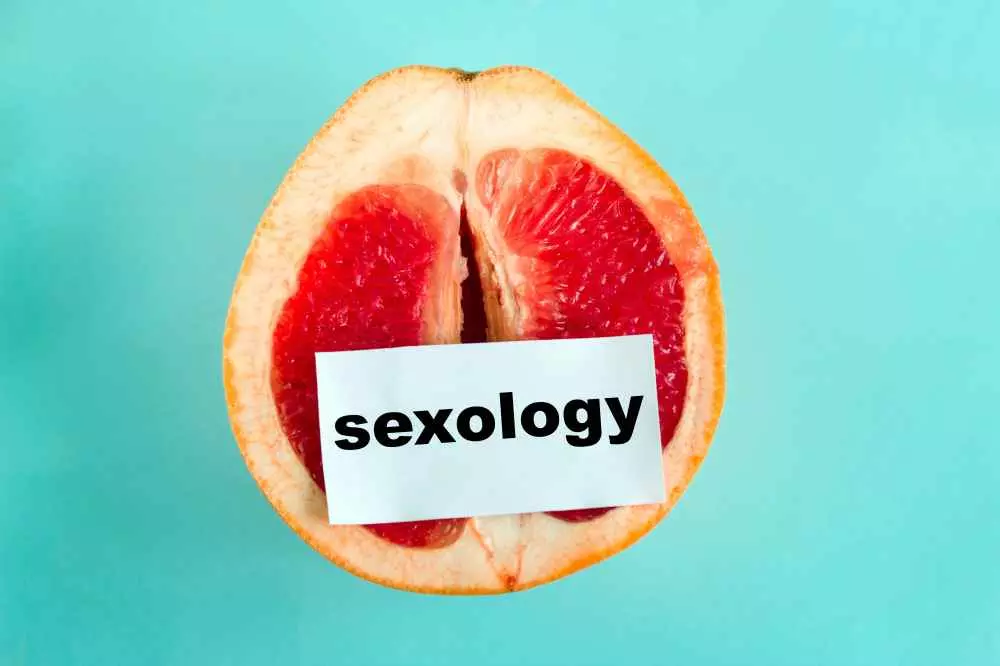Sexology: What it is and why it's important
Sexology: what is it?
Sexology is an interdisciplinary field of science that deals with the study of sexual behavior, sexual orientation, and the biological, psychological and social aspects of sexuality. Its roots are in both psychology and medicine, making it an extremely complex and diverse subject. Sexology studies not only issues related to the human sexual experience, but also the cultural norms that influence our perception of sexuality.
The importance of sexology in society
Sexology plays a key role in understanding sexual health and its impact on the quality of life of individuals. Modern research shows that sexual health is an integral part of a person's overall health. However, many people still feel uncomfortable talking about the topic, making sex education and public discussion of sexuality vital.
A proper understanding of sexuality allows society to better deal with problems such as sexual violence, discrimination, as well as phenomena such as pornography addiction and intimacy problems. Knowledge of a healthy sex life can also help reduce the incidence of sexually transmitted infections and unplanned pregnancies.
Sexology and mental health
Studies show that sexual health has a direct impact on mental health. Problems related to sexuality, such as erectile dysfunction, painful sexual intercourse or lack of libido, can lead to reduced quality of life, depression and feelings of shame. Understanding these phenomena and their social context is crucial for therapists and mental health professionals.
Specialists note that many people experiencing sexual problems can benefit from therapy that combines aspects of sexology with psychology. Through this approach, clients can gain a better understanding of their emotions and desires, resulting in improvements in their intimate lives.
The role of sex education
Sex education is an essential part of combating myths and stereotypes related to sexuality. Many people grow up in an atmosphere of taboo regarding conversations about sex, which leads to misunderstandings and problems - both emotional and physical. Sexology emphasizes the need for open and reliable sex education, which, taking into account the diversity of sexual orientations and gender identifications, would promote the healthy development of young people.
Proper sex education emphasizes not only biological aspects, but also issues such as consent, interpersonal relationships and responsibility. All this influences the formation of young people's consciousness and their approach to their own sexuality.
Research topics in sexology
Sexology encompasses many research topics that are timely and relevant in today's society. For example, one of the frequently discussed issues is sexual orientation and gender identity. How society views these issues has a huge impact on people who identify as LGBTQ+. Research on discrimination and acceptance in society will help in the development of social policies and support strategies for those affected by issues related to acceptance of their identity.
Other important topics include sexual problems, such as sexual dysfunction, sexual addictions, and phenomena such as cybersex and sex on social media. These issues have a significant impact on the intimate lives of individuals and the dynamics of partnerships.
Summary
Sexology is not only a science of sexuality - it is also an important instrument in countering health and emotional problems related to people's sexual lives. Understanding its principles and relevance in society can help build a better dialogue on sexuality and create public policies that promote the health and well-being of individuals.
And that's why it's so important that both sex education and research in the field of sexology continue, and that their results are implemented at various levels - from policy to the education system to everyday social life.

Add comment